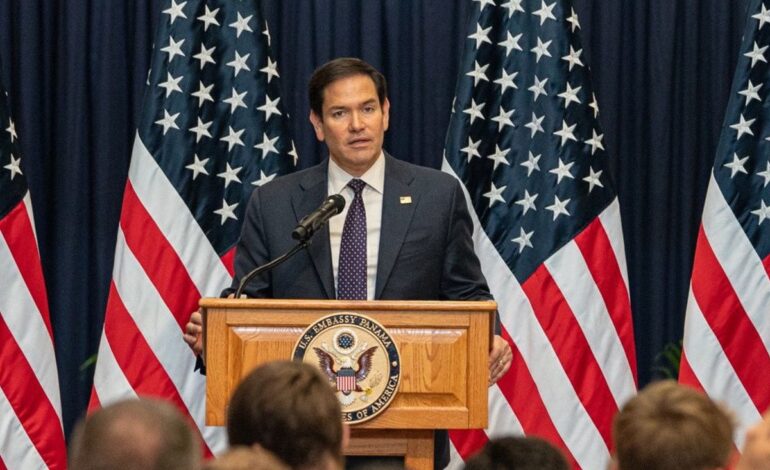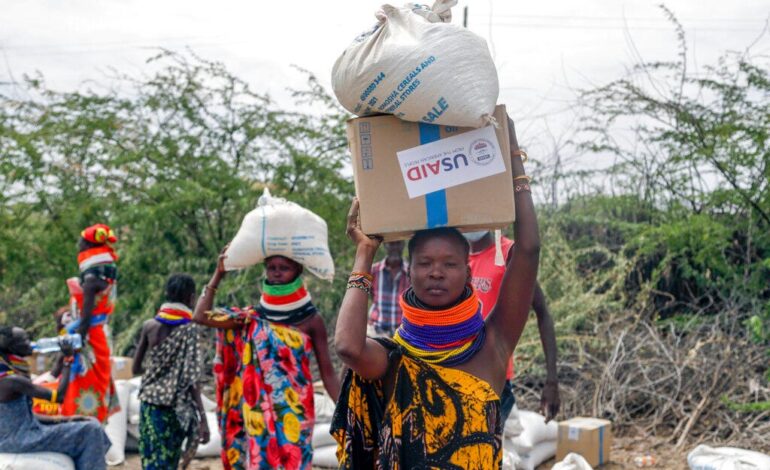
Faith Nyasuguta
Tensions between the United States and South Africa have escalated after U.S. Secretary of State Marco Rubio announced he would not attend the G-20 summit in Johannesburg, scheduled for February 20-21. Rubio cited concerns over South Africa’s recently enacted Expropriation Act, which allows the government to seize private land under certain conditions.
In a strongly worded statement on X, Rubio declared, “I will NOT attend the G20 summit in Johannesburg. South Africa is doing very bad things. Expropriating private property. Using G20 to promote ‘solidarity, equality, & sustainability.’ In other words: DEI and climate change. My job is to advance America’s national interests, not waste taxpayer money or coddle anti-Americanism.”
His remarks follow U.S. President Donald Trump’s recent criticism of South Africa’s land reform policies. Trump accused the South African government of seizing land and mistreating “certain classes of people,” threatening to suspend U.S. aid. Over the past two decades, the U.S. has provided more than $8 billion in assistance to South Africa, supporting key sectors such as healthcare and education.
The Expropriation Act, signed into law by President Cyril Ramaphosa, replaces apartheid-era land laws. It enables land expropriation without compensation in cases deemed “just and equitable” or “in the public interest,” such as abandoned or hazardous land. The government argues that the law is necessary to correct historic racial imbalances in land ownership dating back to apartheid.

Tech billionaire Elon Musk, a South African native and Trump ally, also weighed in, calling the law “openly racist ownership laws.” His statement has fueled international debate, with critics arguing that the legislation undermines property rights, while supporters insist it is a step toward economic justice.
In response to mounting criticism, Ramaphosa defended the legislation, stating, “South Africa is a constitutional democracy rooted in the rule of law, justice, and equality. The government has not confiscated any land.” He emphasized that the law follows a constitutional process to ensure fairness and equitable land distribution.
The fallout from this controversy threatens to strain South Africa- U.S relations, particularly regarding economic cooperation. South Africa benefits from the African Growth and Opportunity Act (AGOA), which facilitated over $6.5 billion in exports to the U.S. in 2024. Any breakdown in diplomatic ties could have major consequences for trade and investment.

As tensions rise, both nations face critical decisions on whether to mend relations or risk a deepening rift over land reform and governance issues.
RELATED:








